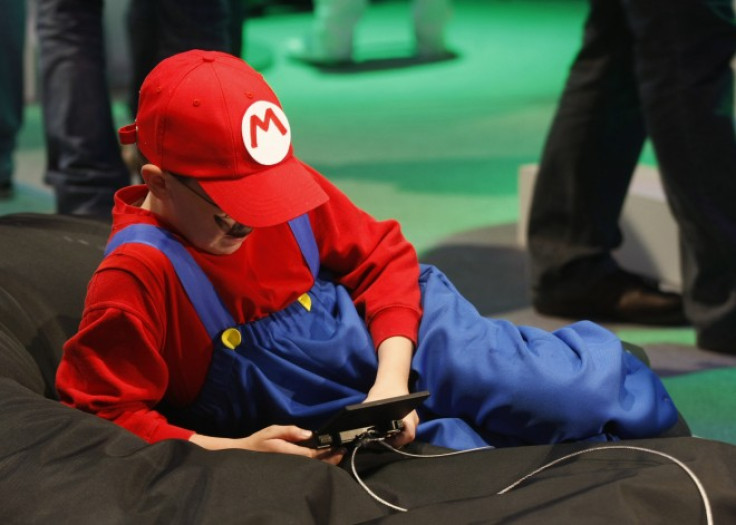Warning: Violent Video Games Make Players Aggressive

Violent video games could alter the brain within a week and make players more aggressive, new research indicates.
Scientists at the Indiana University School of Medicine in Indianapolis say key areas in the brain suffer reduced activity and undergo significant alteration.
The latest findings are likely to generate an intense debate over the impact of violent games on regular players and its links to anti-social behaviour.
The researchers studied MRI scans performed on a group of 22 men in the age group of 18-29.
In the second stage of the research, the group was divided into two. One group was asked to play violent video games for at least 10 hours a week while the second group abstained from playing any games.
According to the Sunday Times, researchers observed there were changes in the left inferior frontal lobe and the anterior cingulate cortex of the brain.
An abstract of the report, which will be discussed at the annual meeting of the Radiological Society of North America this week, said that subjects experienced alterations in their brain.
"Subjects showed relatively less activation in prefontal regions associated with executive function following one week of violent video game playing," the report states.
"This investigation provides the first longitudinal, experimental investigation of video game play on brain activity."
The games cause brain plasticity - where it alters to accommodate demands put on it, which can be a concern.
However, the study finds that when gamers stopped playing, their brains returned to normal.
Previously, another study was performed by Texas A&M University, which monitored 165 young people over three years to evaluate the effects of video games on anti-social behaviour.
They concluded that there was no connection between the player's behaviour and the games.
© Copyright IBTimes 2024. All rights reserved.





